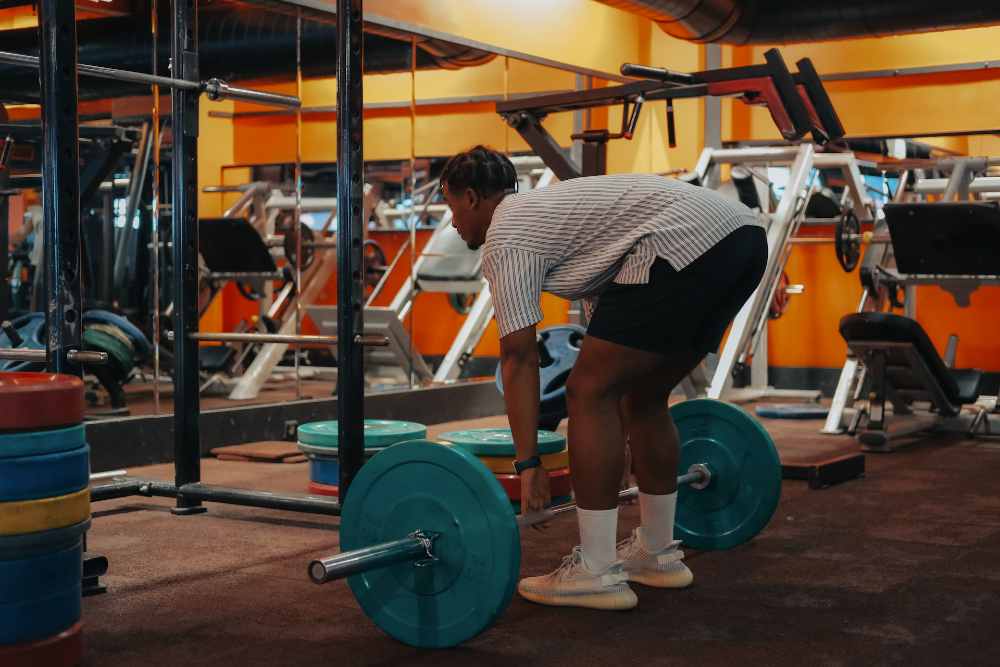
Addressing Low Testosterone in Younger Men: Causes and Treatments
Low testosterone, a condition that often conjures images of aging men, can also affect younger males. While it is more commonly associated with older age, this condition in younger men can be a distressing issue. So, in this informative guide, you may explore its causes and the low testosterone treatment, shedding light on the importance of seeking help and regaining vitality.
What Does This Mean?
Testosterone is a hormone that plays a crucial role in men’s physical and emotional well-being. It influences muscle mass, bone density, energy levels, mood, and sexual function. And when its levels dip below the normal range, it can lead to a range of symptoms that impact daily life.
Causes of Low Testosterone in Younger Men
This condition in younger men can be attributed to several factors, including:
Hormonal Imbalances: Hormonal disorders, such as hypogonadism, can disrupt the body’s ability to produce this hormone.
Lifestyle Choices: Poor diet, lack of exercise, excessive alcohol consumption, and smoking can contribute significantly.
Chronic Illness: Conditions like diabetes, obesity, and certain autoimmune disorders can affect this hormone’s production.
Medications: Some medications, including corticosteroids and opioids, can lead to decreased testosterone levels.
Stress and Mental Health: High levels of stress, anxiety, and depression can disrupt hormone production.
Recognizing the Symptoms
This condition can manifest in various ways, including:
Fatigue: Feeling chronically tired and lacking energy, even after a full night’s sleep.
Low Libido: Reduced interest in sex and diminished sexual performance.
Mood Swings: Experiencing mood swings, irritability, and even symptoms of depression.
Muscle Weakness: Decreased muscle mass and strength, making physical activities more challenging.
Cognitive Changes: Difficulty concentrating and cognitive fog.
Treatment Options
Fortunately, there are effective low testosterone treatment options for younger men that can help alleviate symptoms and improve overall quality of life. Two common approaches are:
Testosterone Replacement Therapy (TRT)
TRT involves the administration of synthetic testosterone to bring levels back to normal. This can be done through injections, gels, patches, or implantable pellets. You can get such treatment from this ED Clinic Austin and reap the benefits. TRT aims to relieve symptoms such as fatigue, low libido, and mood swings, helping men feel more energetic and focused.
Lifestyle Modifications
In some cases, low testosterone levels can be improved through lifestyle changes. These may include adopting a healthier diet, engaging in regular physical activity, managing stress, and getting adequate sleep. Making these changes can contribute to increased testosterone production.
The Importance of Seeking Help
Addressing this condition in younger men is vital for several reasons:
Improved Quality of Life: Treating low testosterone can alleviate symptoms that affect daily life, such as fatigue and low libido, leading to an improved overall quality of life.
Mental Well-being: Low testosterone can contribute to mood swings and depression. Treatment can help stabilize mood and emotional well-being.
Physical Health: This condition is associated with an increased risk of osteoporosis and heart disease. Treatment can mitigate these risks.
Relationships: Low testosterone can strain relationships due to decreased sexual desire and performance. Effective treatment can improve intimacy and strengthen relationships.
Conclusion
Low testosterone is not limited to older men; younger males can also experience this condition, which can be distressing and impact various aspects of life. Recognizing the causes, seeking help, and exploring treatment options such as testosterone replacement therapy or lifestyle modifications can make a significant difference in alleviating symptoms and improving overall well-being.
So, if you suspect you may have low testosterone, it’s essential to consult with a healthcare professional who can evaluate your hormone levels and recommend the most suitable treatment plan. Addressing this is not only about restoring vitality but also about enhancing overall health and well-being, allowing individuals to lead fulfilling lives with confidence and vigor.

